Posted on 7/10/2018

Before you head out on your Summer road trip, take a look at these tips to prepare your vehicle that All Tech Automotive found on Mobil. Car maintenance checklist for road trips The summer road trip is as American as apple pie and Fourth of July fireworks, so don’t fail in your national duty to hit the road this year just because Old Nellie is overdue for some car maintenance. Those who neglect to do a quick mechanical check-over – even of newer cars – before taking to the highway are begging to be stranded. We’re not talking about rebuilding the cylinder head or performing a line-bore on the crankshaft mains. Below are just a few reminders that may slip your mental checklist in the rush to get bags packed and kids fed. Your family is counting on you to take a few preventative measures before you hurl them into the gauntlet of our national highway system. Engine oil Check your oil levels and the date you’re due for an oil change, preferabl ... read more
Posted on 7/3/2018
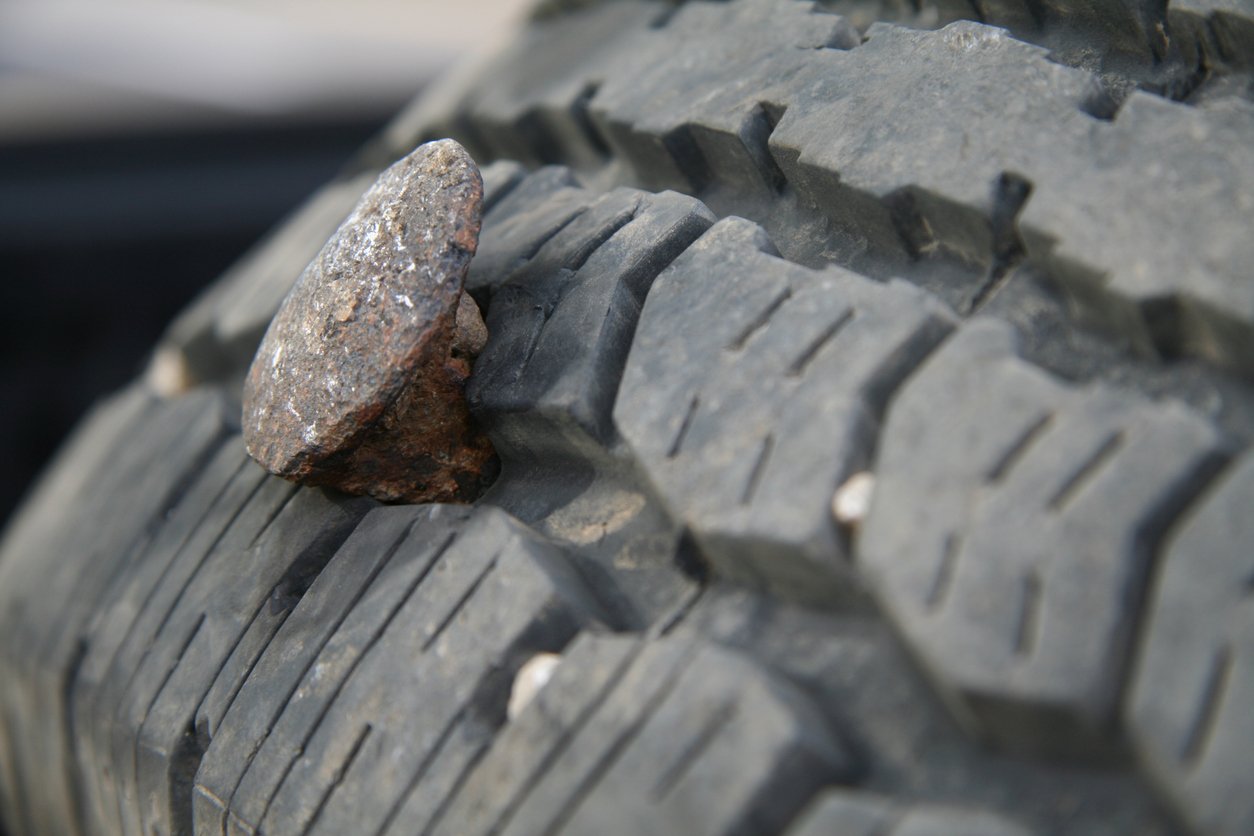
Although it is not the end result for soft tires, in a pinch, Fix-a-Flat can a great option to help plug a hole until you're able to get your car to a mechanic. This article about how to use Fix-a-Flat comes from ThoughtCo. How to Use Fix-a-Flat There is nothing exciting about getting a flat tire. In fact, it can be the immediate end to an otherwise enjoyable time. Is that aerosol can a true emergency flat tire repair tool or would it be better used to flag down a trucker via his windshield? Roadside tire sealants are a constant source for debate amongst car people. Classic car drivers often don't even have room for a proper spare tire in their vehicles, so one of these products is the only chance they have on the side of the road outside of calling for the flatbed hauler to scoop them up. Remember, if an auto repair product seems too good to be true, it probably is. Now forget you ever heard that for a minute. Fix-a-Flat is the real deal, and it's the original roadside fl ... read more
Posted on 6/26/2018
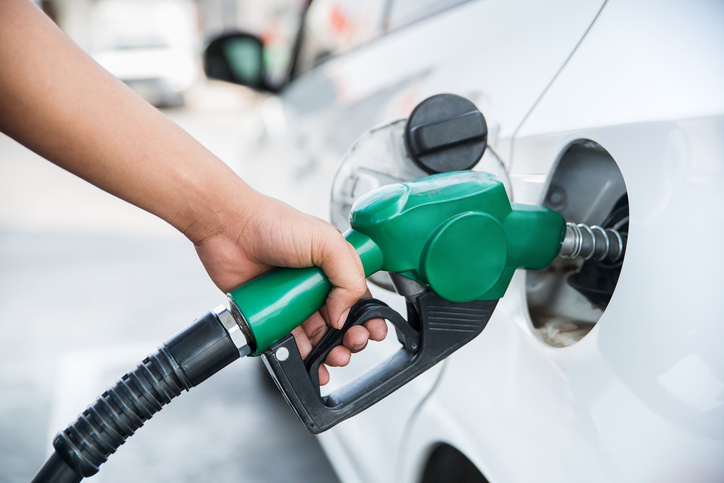
If you put the wrong fuel in your car, it can seriously hurt your engine. This article from Jerry Advice talks about what happens when you put the wrong fuel in your car and what to do if it happens. What Happens if You Put the Wrong Gas in Your Car Everyone makes mistakes, and gassing up your car with the wrong fuel does not have to spell disaster. Stay calm and take immediate action to fix the situation to avoid paying higher repair costs for damage to the engine from running diesel instead of unleaded fuel or vice versa. However, if you accidentally used a premium version of your usual gas, you're fine to drive normally and just pay closer attention the next time you are at the pumps. Here's what to do after gassing up with the wrong fuel: Step 1 Do not start your car. You don't want to draw the wrong fuel into your engine, causing costly damage. If you need to move your car away from the gas pumps, ask an attendant or onlooker to help push your car ... read more
Posted on 6/12/2018
.jpg)
The Summer is here and hot weather can cause problems with your car if you're not careful. This article that we wanted to share with you comes from Dummies. What to Do If Your Car Overheats Cars overheat most often in very hot weather. It’s rare with modern vehicles, but even a well-tuned automobile can overheat. If you find yourself in stop-and-go traffic or climbing a steep grade on an extremely hot day, and your dashboard temperature indicator starts to rise or a malfunction indicator light comes on, here’s how to help your vehicle regain its cool: At the first sign of overheating, shut off your air conditioner and open your windows: Doing so decreases the load on the engine and helps it cool off. If you continue to overheat, turn on the heater and blower: Doing so transfers the heat from the engine to the passenger compartment of the vehicle. (This does wonders for your overheated engine but very little for you!) ... read more
Posted on 5/30/2018
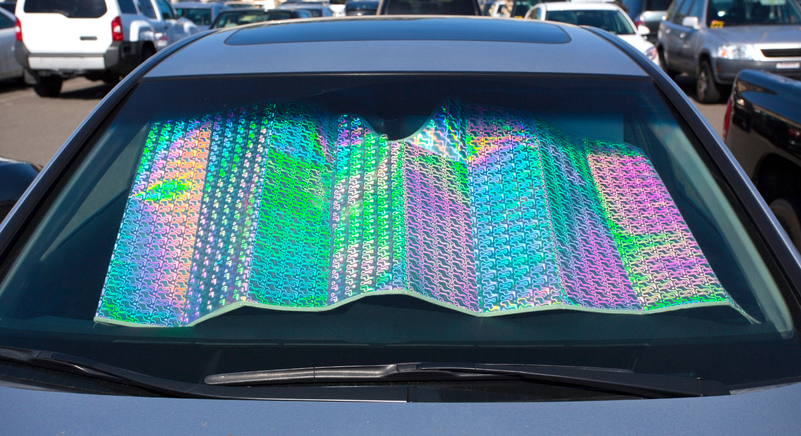
With Summer on its way and the hot weather right around the corner, these tips from the Allstate Blog will help you keep your car cool this Summer. Tips for Keeping Your Car Cool in Summer If you are wondering how to keep your car cool during summer, there are plenty of simple things you can do. From maximizing your air conditioning to taking advantage of a shady spot when parking, the following tips can help you maintain a cooler vehicle on those hot and humid summer days. Block Car Windows from the Sun Cars can trap heat, causing the temperature inside them to quickly rise, says the National Weather Service. According to one test, a parked car’s temperature rose from 80 degrees to more than 94 degrees in about two minutes and reached 123 degrees within an hour. A car can reach up to 200 degrees inside, according to Consumer Reports. Reducing the amount of heat entering through your windows may help keep your car cooler, making it more comfortable when it’s time ... read more
Posted on 5/8/2018
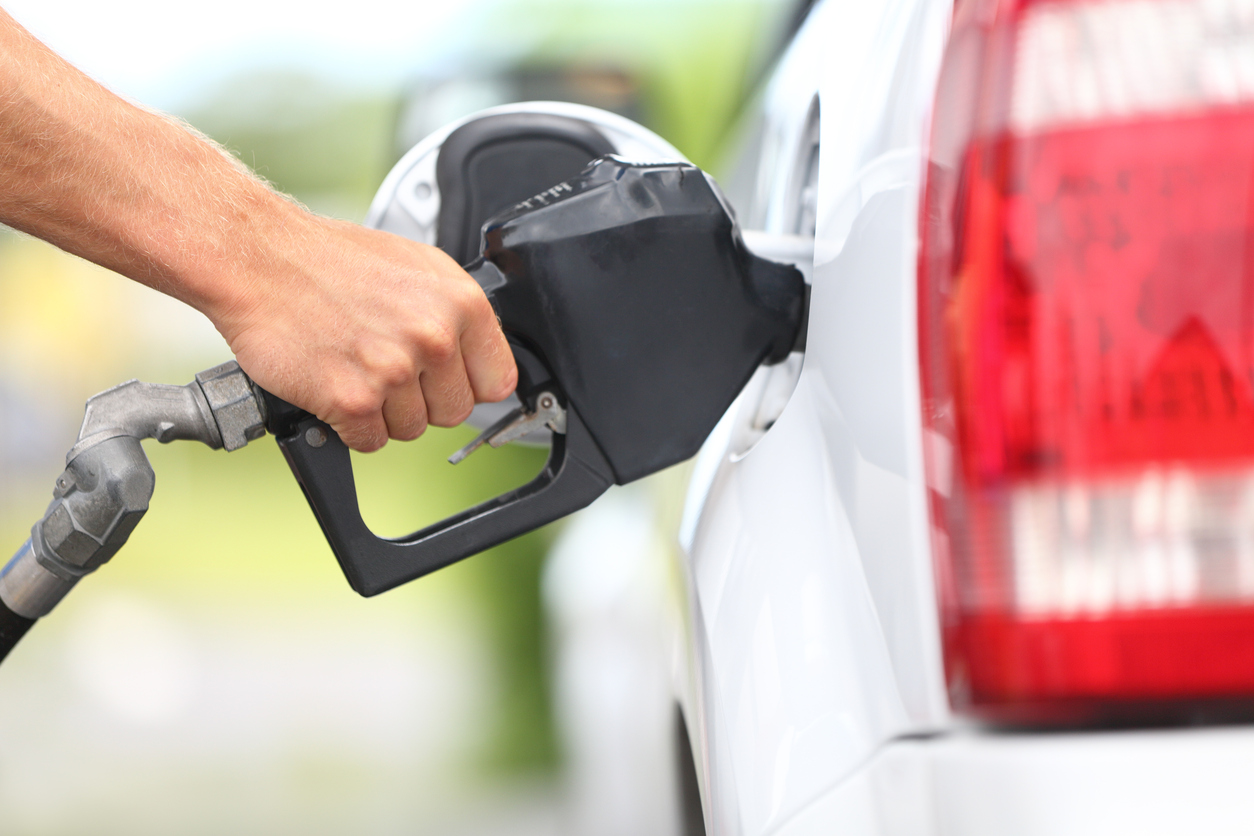
Today’s gas pumps display a potentially confusing array of names, colors and alphanumeric symbols. Gasoline comes in five or more varieties, and that doesn’t account for diesel. Mix them up and the results may result in a ruined engine, corroded fuel lines or, if you’re lucky, no serious damage. This informative article comes from the Allstate Blog. Fuel Functionality: What If You Add the Wrong Fuel To Your Tank? What Happens When You Put Gasoline Into A Diesel Engine? “If you notice (that you’ve filled a diesel car with gasoline) before starting the engine, you just have to clean the whole system,” said Jim Gill, head of product and technology public relations communications for Volkswagen. “This primarily entails draining the fuel tank and refilling with correct diesel fuel.” But if you realize that you’ve put gasoline into your diesel engine, don’t drive it or your engine may suffer serious damage. You’ll need it ... read more
Posted on 5/1/2018
.jpg)
More and more vehicles are making it well past 100,000 miles today, but how far can you push your car? This article that we wanted to share with you comes from the Allstate Blog. High-Mileage Cars: Is 200,000 the new normal? In the 1960s and 1970s, many automobile odometers did not even read beyond 99,999 miles. Hit 100,000, and the odometer “flipped” or turned back to zero. But now, thanks to tougher quality standards and post-recession financial concerns, Americans are driving their cars longer than ever before, says IHS Markit, and high-mileage cars may now be the rule, not the exception. Are 200,000 miles the new 100,000 miles? The average age of light vehicles (cars and trucks) on U.S. roads increased to 11.6 years, according to IHS Markit. The trend of holding onto vehicles longer continued through the end of 2015. The average length of ownership was 79.3 months, more than 1.5 months longer than reported in 2014. For used vehicles, that number is approximately 66 mo ... read more
Posted on 4/17/2018
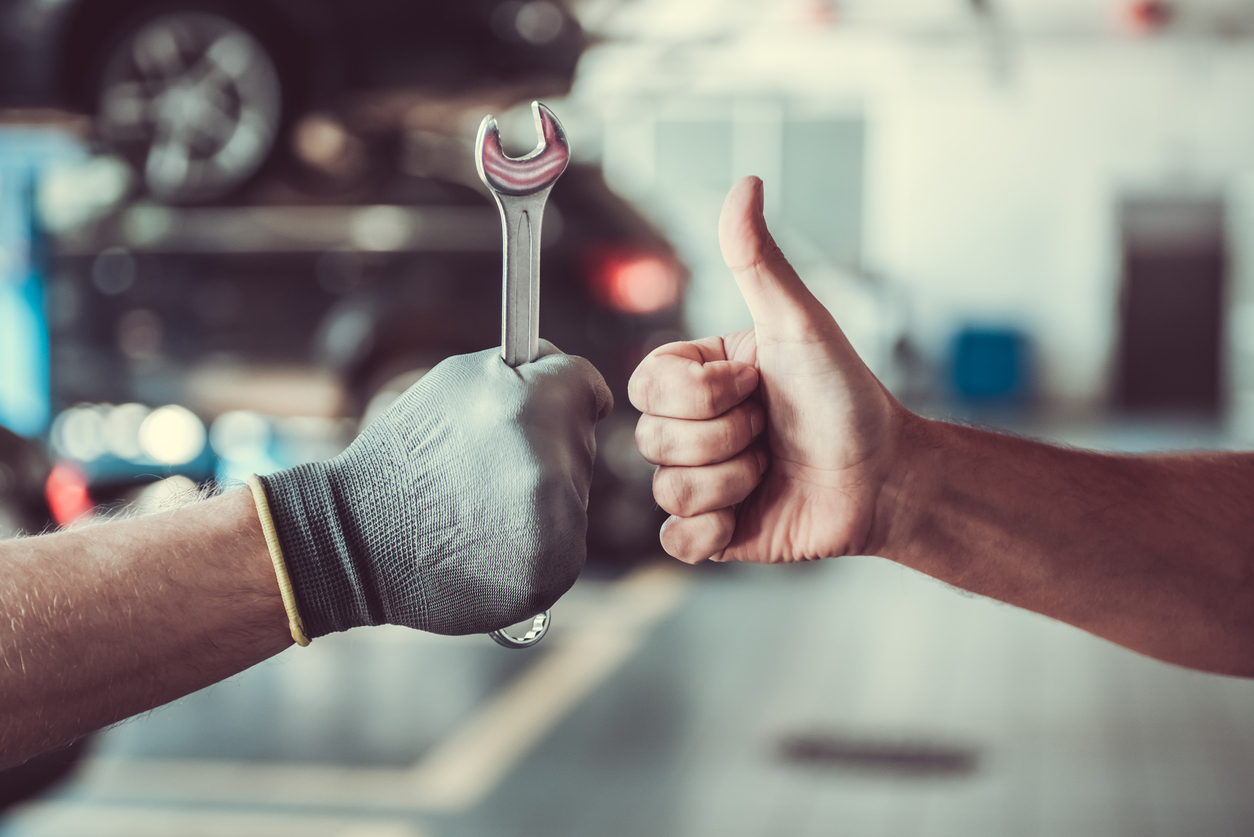
Even though it might not feel like it quite yet, the calendar says it's officially Spring. What better way to prepare for that Spring weather (when it finally gets here) than to do some maintenance on your car? This article comes from Angie's List. Maintenance Tips For Spring Driving First, make sure your exterior gets a good cleaning. Be especially careful that the undercarriage is washed clear of corrosive road salt. Then, give your car’s systems a thorough review, or take your vehicle to a reliable auto service shop, like All Tech Automotive for a spring checkup. Here are things a checkup should include, according to auto service pros who are highly rated by consumers: Tires Check the pressure on all four and the spare. Make sure tires have sufficient tread for safe travel: Insert a quarter into the tread of a tire that’s not warm from recent driving. Put the quarter upside down so the top of George Washington’s head is in the tread. If you can se ... read more
Posted on 4/11/2018

When it comes to taking care of your car, it's hard to know what is really important and what really isn't. This article that we wanted to share with you comes from the Allstate Blog. 5 Car Maintenance Myths Debunked Myth #1: Transmission fluid should be flushed. Mechanics sometimes recommend transmission service and fluid changes as frequently as every 50,000 miles, according to Cars.com, but is it necessary? Consumer Reports says usually not. Most modern vehicles use “long-life” transmission fluid that is designed to last for 100,000 miles or sometimes for the life of the vehicle. Since vehicles can vary, consider following the manufacturer’s recommendation as to how often to change your transmission fluid, says Cars.com. Myth #2: Using the air conditioner is better for fuel economy than opening the windows. It’s difficult to say for sure because fuel economy can vary depending on your vehicle. Some people think that opening your car’s ... read more
Posted on 3/27/2018
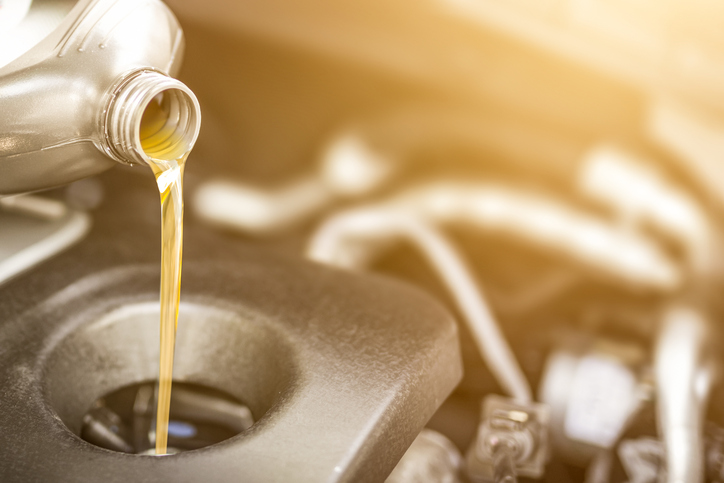
This great article that All Tech Automotive wanted to share with you comes from the AAA blog. How Often Does Engine Oil Need To Be Changed? Every automobile engine needs oil, but not just any oil will do. Modern engines are designed and built to exacting standards and require oils that meet very specific industry and automaker specifications to ensure a long service life. Failure to use the right type oil, and document its use, could void your new-car warranty. Most late-model cars require synthetic-blend or full-synthetic, low-viscosity, multi-grade, resource-conserving oils that minimize friction and maximize fuel economy. However, choosing the right oil is not always easy. The proper oil for your make and model of vehicle must have the correct SAE viscosity grade, meet performance standards set by the API, ILSAC and/or ACEA, and comply with any unique specifications established by the vehicle or engine manufacturer. These requirements are detailed in your vehicle owner's manua ... read more